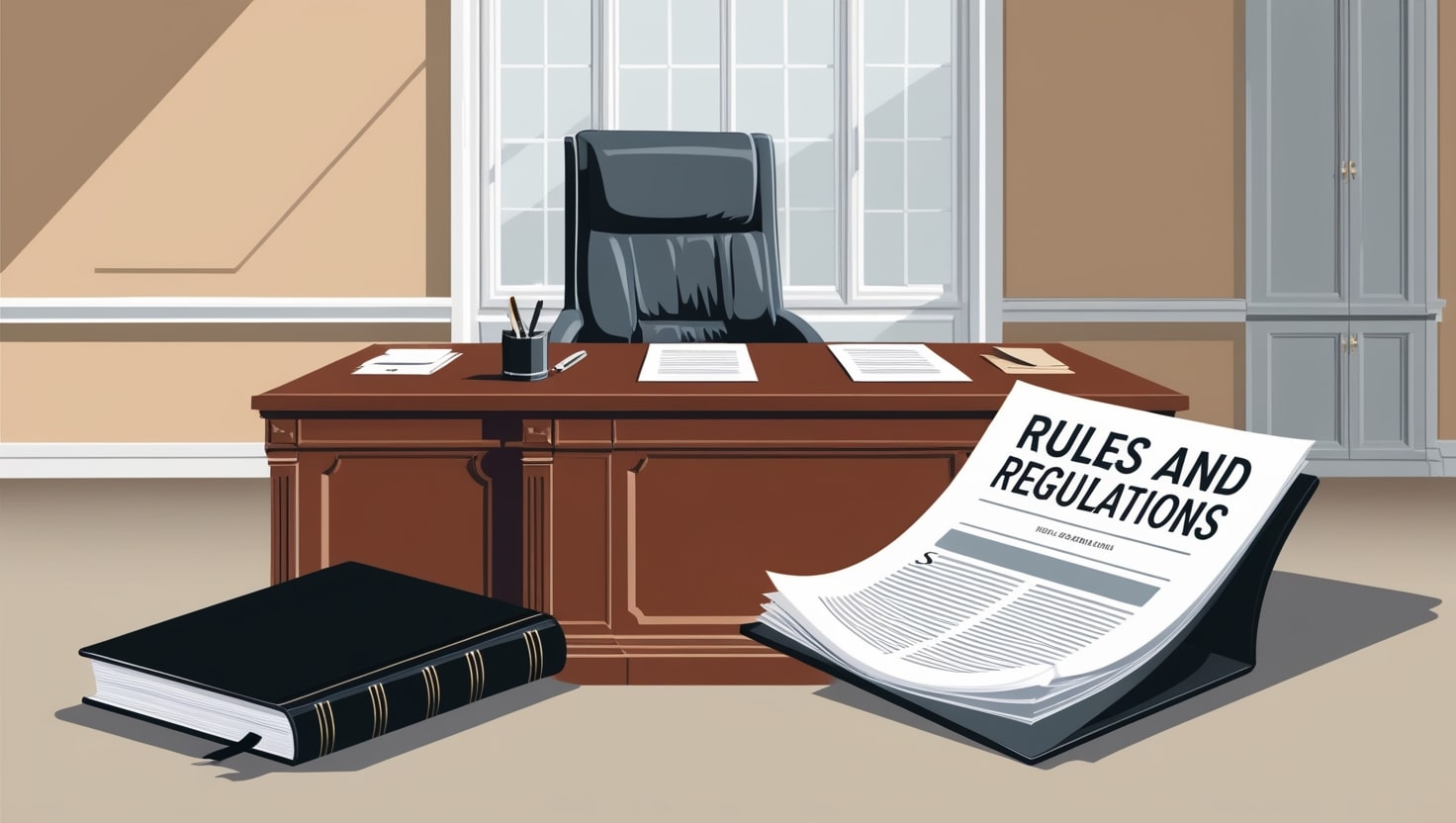Honolulu has implemented strict regulations regarding short-term rentals, particularly for platforms like Airbnb. Under the City and County of Honolulu's ordinances, hosts must follow specific steps to operate legally:
Registration and Licensing:
- Hosts are required to obtain a Tax Map Key (TMK) and a Transient Accommodations Tax (TAT) license, which must be included in all listings.
- Short-term rentals (STRs) must be registered with the City, and owners must ensure their listings comply with local laws.
New Legislation:
- As of April 2022, under Bill 41, most short-term rentals will not be allowed for stays under 90 days. Limited exceptions exist for designated apartment and resort zones, and for hosts with a valid Nonconforming Use Certificate.
Operational Requirements:
- Operators may need to obtain a nonconforming use certificate to comply with zoning laws. This certificate must be periodically renewed.
- All rentals must adhere to minimum construction, design, and safety standards as outlined in the Building and Housing Codes.
Tax Compliance:
- It is essential for hosts to report their income from rentals and comply with state and local tax obligations.
In summary, prospective Airbnb hosts in Honolulu must navigate a complex regulatory landscape aimed at controlling short-term rentals while ensuring compliance with safety, health, and zoning standards. For more detailed legal advice, hosts are encouraged to consult local legal professionals or city agencies.
Airbnb Statistics in Honolulu! 🚀
Currently, there are 5785 Airbnb listings in Honolulu. The
Average Occupancy Rate in
Honolulu is 88% and the average daily rate is
$189.
According to vacation rental market data source Airbtics,
average revenue in Honolulu is
up to $55,954
each year.


